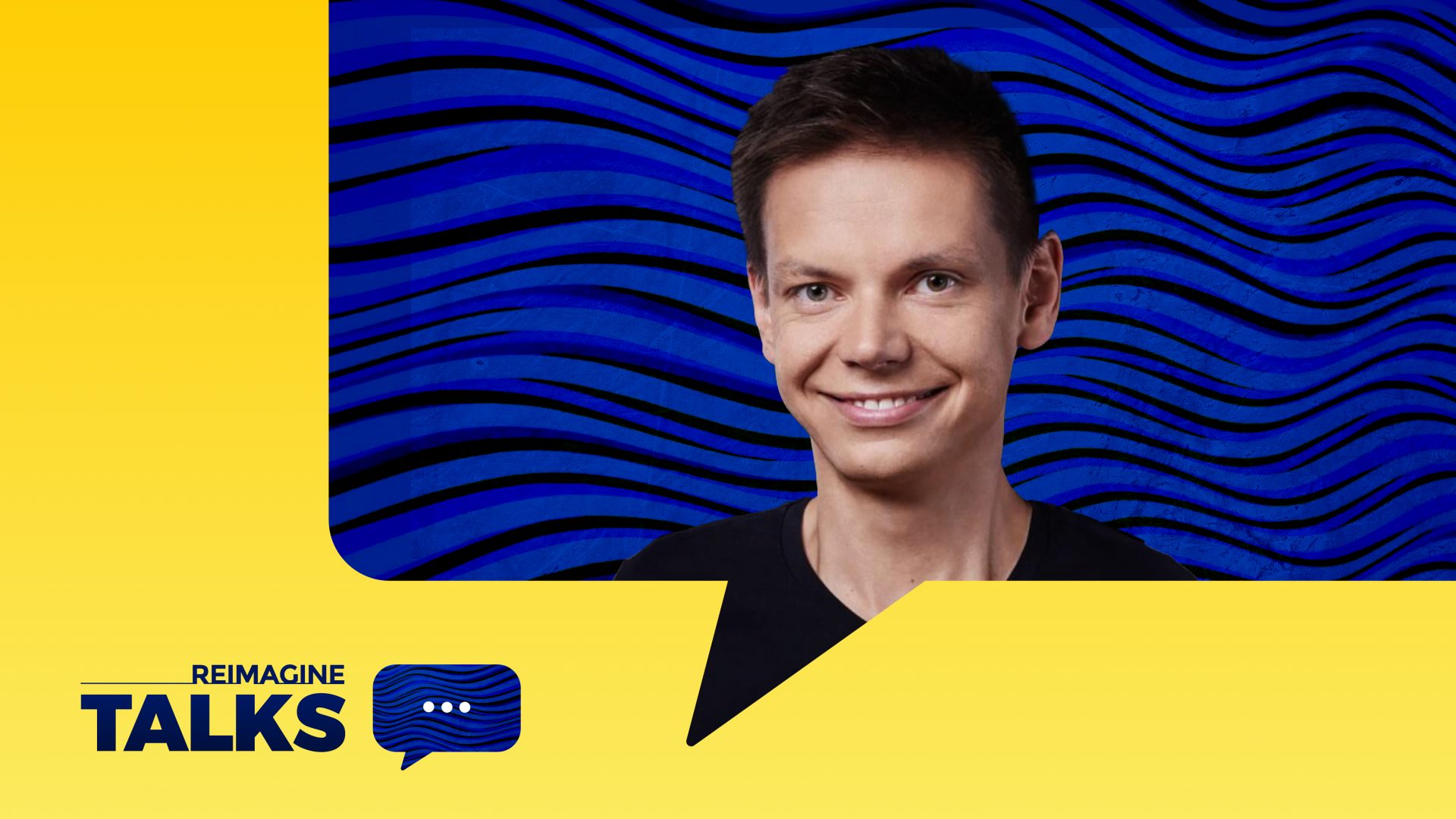“Let me tell you a story…” Professor Marcin Napiórkowski often remembers a High School’s Physics teacher that used to start his lessons with an experiment. When doing a hands-on experiment was not possible, he would start with a story: Imagine you are so tiny that you can see electrons, imagine that you are traveling at the speed of light, imagine you are trapped on a spaceship, and you don’t know which way you are moving towards… Why did he tell stories instead of presenting formulas, data, and equations, apparently more fitted for a hard science discipline such as Physics? “Because he knew that the only real way to learn things and to be open to new facts is to experience things firsthand or, the second-best option, to experience them through a story”, explains Napiórkowski.
As a semiotician and contemporary mythologies scholar, Marcin Napiórkowski studies how culture shapes public perception of science, collective memory, and political trends. He is an Associate Professor at the University of Warsaw and one of the main researchers of the European Narratives Observatory combatting Disinformation in Europe Systemically (NODES), a pilot project that studies how to detect, monitor and analyse false, misleading and harmful narratives about significant topics like climate change, migrations and Covid-19. “Narratives are the most natural and effective way to learn things, create communities, and communicate what’s most important for us”, he explains. Napiórkowski recognises that many of the dominant narratives disseminated through social networks nowadays are misleading, harmful, or highly polarising, but he is confident that understanding how these narratives are created, spread and impact society could help us to counteract their effects and create positive narratives even in the most controversial discussions in our society.
“My mentor Professor Andrzej Nowak very often highlights that we actually have a very limited number of universal stories… Our songs, novels, and tv series are created from these building blocks”, Napiórkowski explains. When we learn which building blocks or narratives are used by people participating in highly polarised discussions, then “we can moderate the debate, reduce the polarisation, and very often build bridges based on these values and shared stories”. “This enables us to build solidarity, to build empathy, but also to create strong fundaments for deliberative democracy which will be not contradictory with evidence-based policy. We can have both. We can have nonnegotiable facts and also empathy to understand that certain people view them from a different angle”.
According to Napiórkowski, the current polarisation is a byproduct of social media because “they rely on advertisement and they need to be very attention-grabbing, and even addictive, to be effective. So, the algorithm is not evil, it just looks for whatever grabs our attention”. And we are fascinated by things that are antagonistic. “The problem with social media is that we need to rethink or reimagine on a very deep level the way that they work and their business model”, he adds.
The work of the social psychologist Andrzej Nowak, lead researcher of NODES, “suggests that many of the narratives about climate are not really about climate”, but they are often used to express very deep fears, hopes, or ambitions on a very general level, explain Napiórkowski. “What was fascinating for me was that a lot of these values and emotions are actually shared by both sides of the conflict. This means that maybe a large part of what we are doing informing about climate change is done wrong because instead of building bridges and appealing to the values that are shared by these people, we are building walls, and antagonising them by creating polar distinctions into two camps: those who are right and those who share fake news”.
We never see things through facts. As Professor Napiórkowski explained at the beginning of this interview, “we always start with let me tell you a story”. The fascinating thing about NODES is that “we actually try to reverse this mechanism and to start with ‘let me hear your story’. Please, tell me your story. Tell me what is important for you”. Because only by listening very carefully to other people’s narratives we can be able to understand how they think, how they feel about the issues and how to build bridges for healthier and stronger democratic societies.
Reimagine Narratives is the fifth episode of chapter of the ReImagine TALKS, a series of video podcasts launched by Re-Imagine Europa together with leading media partners and featuring some of the most innovative, influential, and original thinkers of our time, challenging conventional thinking and reimagining the concept with an unexpected and contemporary lens. The series is hosted by Erika Stäel von Holstein and Luca de Biase, RIE’s Chief Executive and Research Director, respectively. The first episodes delved on Reimagine Capitalism with Professor Rebecca Henderson, Reimagine Power with Professor Manuel Castells, Reimagine Trust with the Internet pioneer Lisa Gansky, and Reimagine Ethics with Professor Jeroen van den Hoven.
You can watch and/or download the series at:

![]()
![]()







